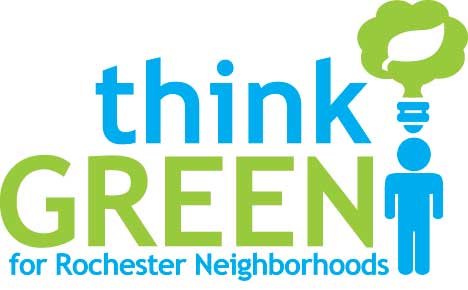Energy
Why is Energy Conservation important?
Whenever you conserve energy, you not only save money, you also reduce the demand for such fossil fuels as coal, oil, and natural gas. Burning less fossil fuels also means lowering the emission of Carbon dioxide (CO2), the primary contributor to global warming, and other harmful pollutants. Browse the following information and links to learn more about energy conservation techniques around the world as well as tips on how to increase energy conservation in your home, at school, and at work.
Video: Families Go Green To Save Big
Nov. 16: Two families cut their energy consumption by making simple home improvements. TODAY’s Ann Curry talks to the families about how the changes could save them money in the long run
-5 Easy tips for saving money while conserving energy-
- Turn your refrigerator down. Refrigerators account for about 20% of Household electricity use. Use a thermometer to set your refrigerator temperature as close to 37 degrees and your freezer as close to 3 degrees as possible. Make sure that its energy saver switch is turned on. Also, check the gaskets around your refrigerator/freezer doors to make sure they are clean and sealed tightly.
- Set your clothes washer to the warm or cold water setting, not hot. Switching from hot to warm for two loads per week can save nearly 500 pounds of CO2 per year if you have an electric water heater, or 150 pounds for a gas heater.
- Make sure your dishwasher is full when you run it and use the energy saving setting, if available, to allow the dishes to air dry. Not using heat in the drying cycle can save 20 percent of your dishwasher’s total electricity use.
- Turn down your water heater thermostat. Thermostats are often set to 140 degrees F when 120 is usually fine. Each 10 degree reduction saves 600 pounds of CO2 per year for an electric water heater, or 440 pounds for a gas heater. If every household turned its water heater thermostat down 20 degrees, we could prevent more than 45 million tons of annual CO2 emissions – the same amount emitted by the entire nations of Kuwait or Libya.
- Buy energy-efficient compact fluorescent bulbs (CFLs) for your most-used lights. Although they cost more initially, they save money in the long run by using only 1/4 the energy of an ordinary incandescent bulb and lasting 8-12 times longer. In a typical home, one compact fluorescent bulb can save 260 pounds of CO2 per year.
More tips on saving money while conserving energy
More Resources:
Florescent light bulbs fact sheet
RPU also offers rebates for those who conserve energy through simple practices such as purchasing florescent light bulbs.
What are Renewable Energy Sources?
Why should I support them?
Renewable energy sources are sources of energy that are constantly replenished. In contrast, fuels such as coal, oil, and natural gas are non-renewable. Once their source is depleted it cannot be replenished. Browse the following pages to learn more about each alternative form of energy and how you can help promote and support them.
More Resources:
Crazy Green-Energy Ideas That Just Might Work
Energy Efficiency and Renewable Energy Network (EREN)
What is Green Building?
Why should I support it?
Green Building is a design philosophy which focuses on increasing the efficiency of energy, water and material use while reducing building impacts on human health and the environment. Browse the following links to find out how you can both support green building practices in your area and implement them in your future remodels.
Rochester Area Builders Green Initiatives
What are people in Rochester
doing to be more energy efficient?
Clean Energy Success Stories in Southeastern MN
Green Initiatives for Housing in Rochester
